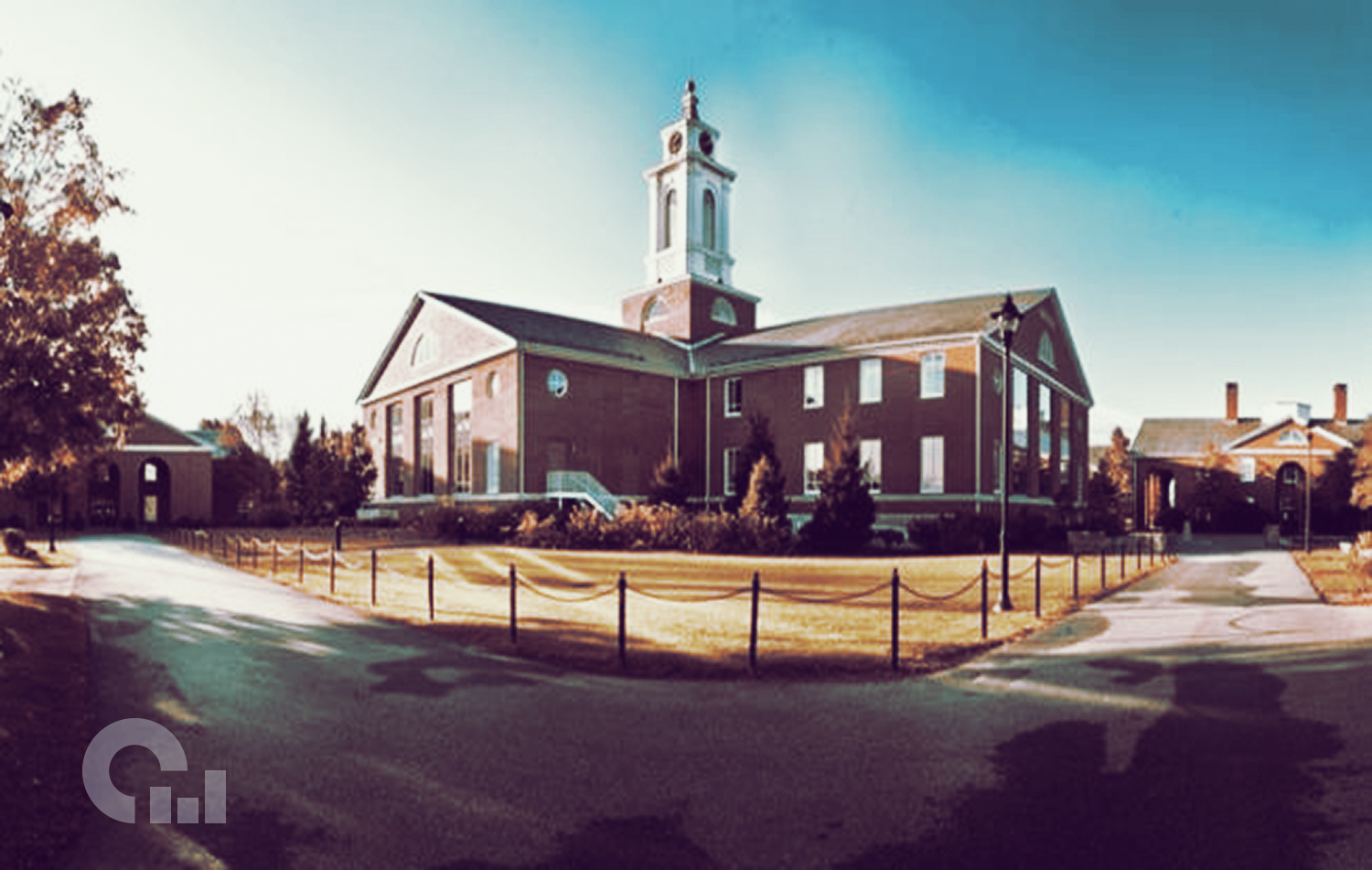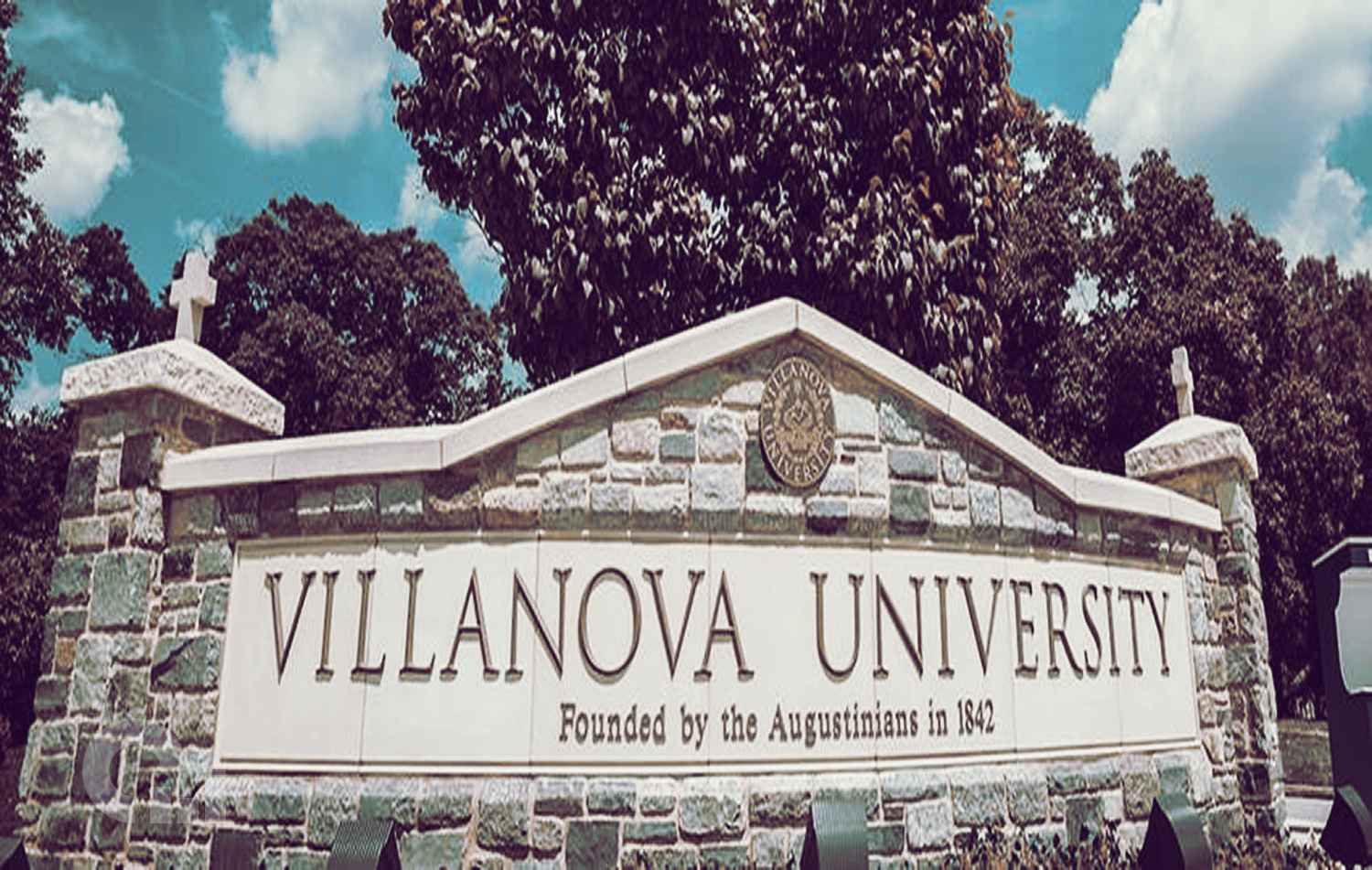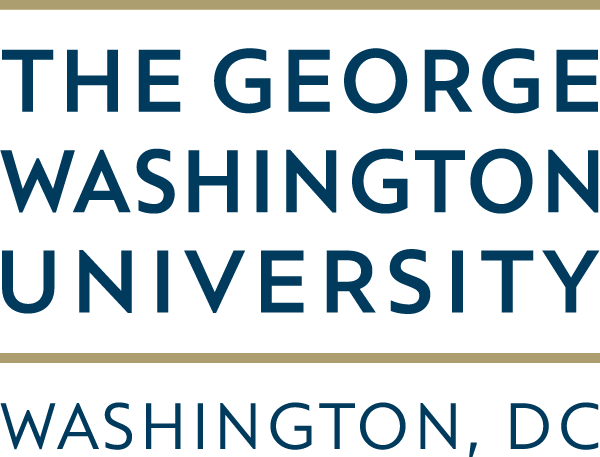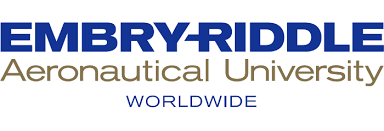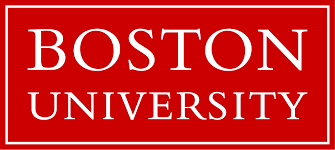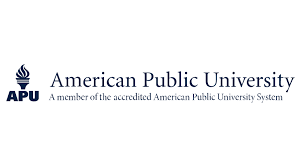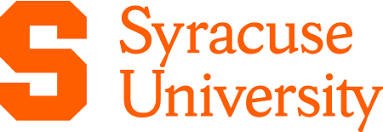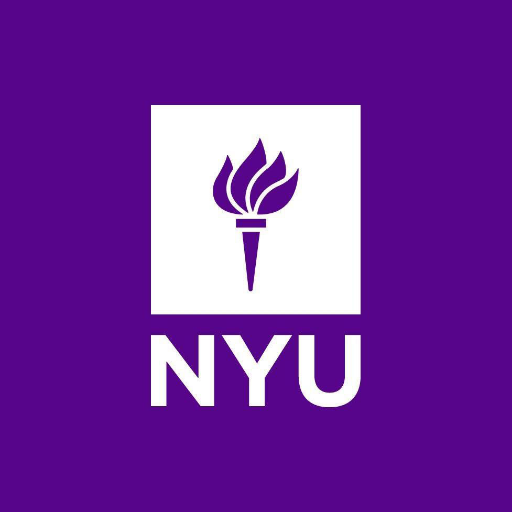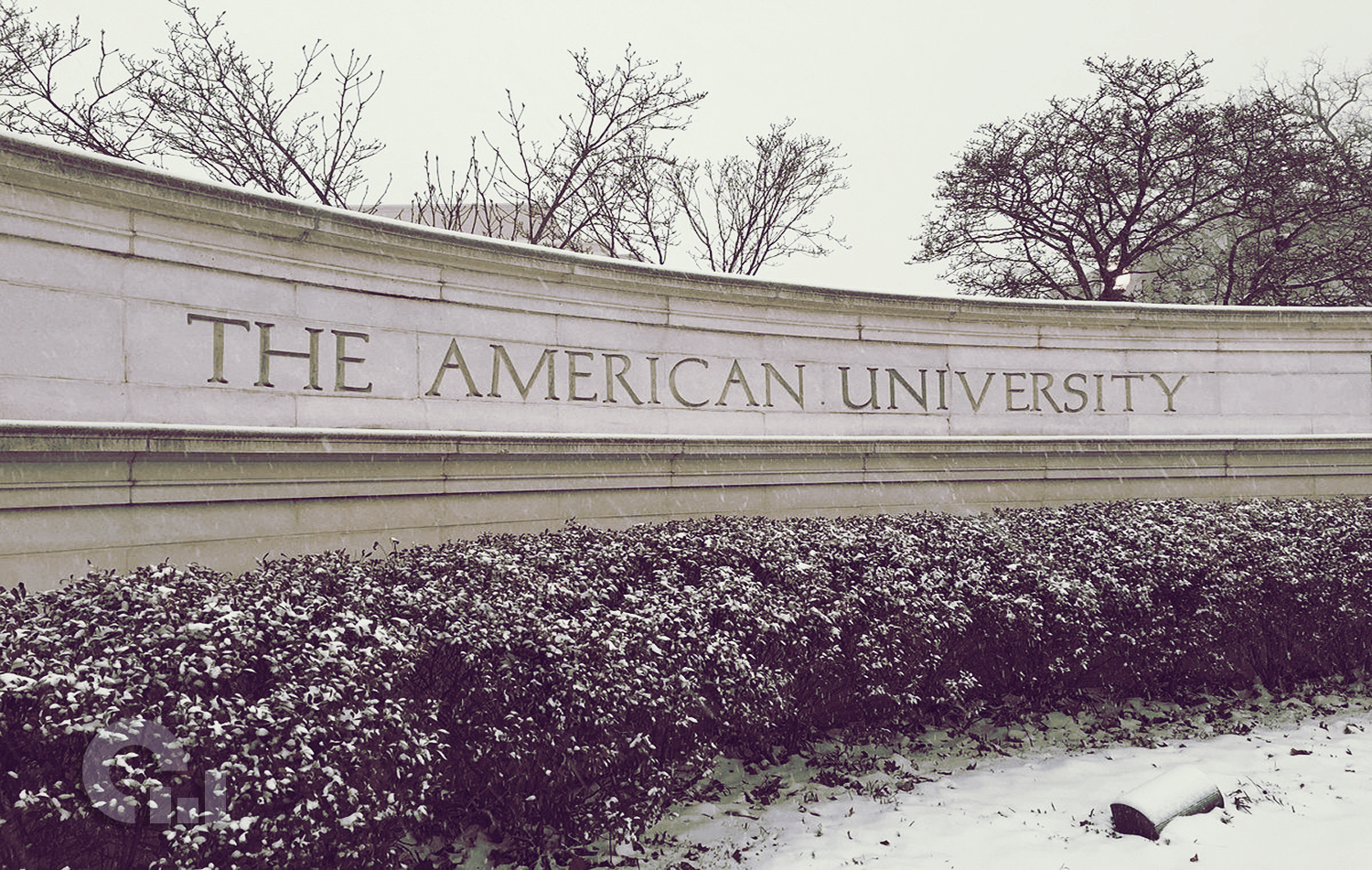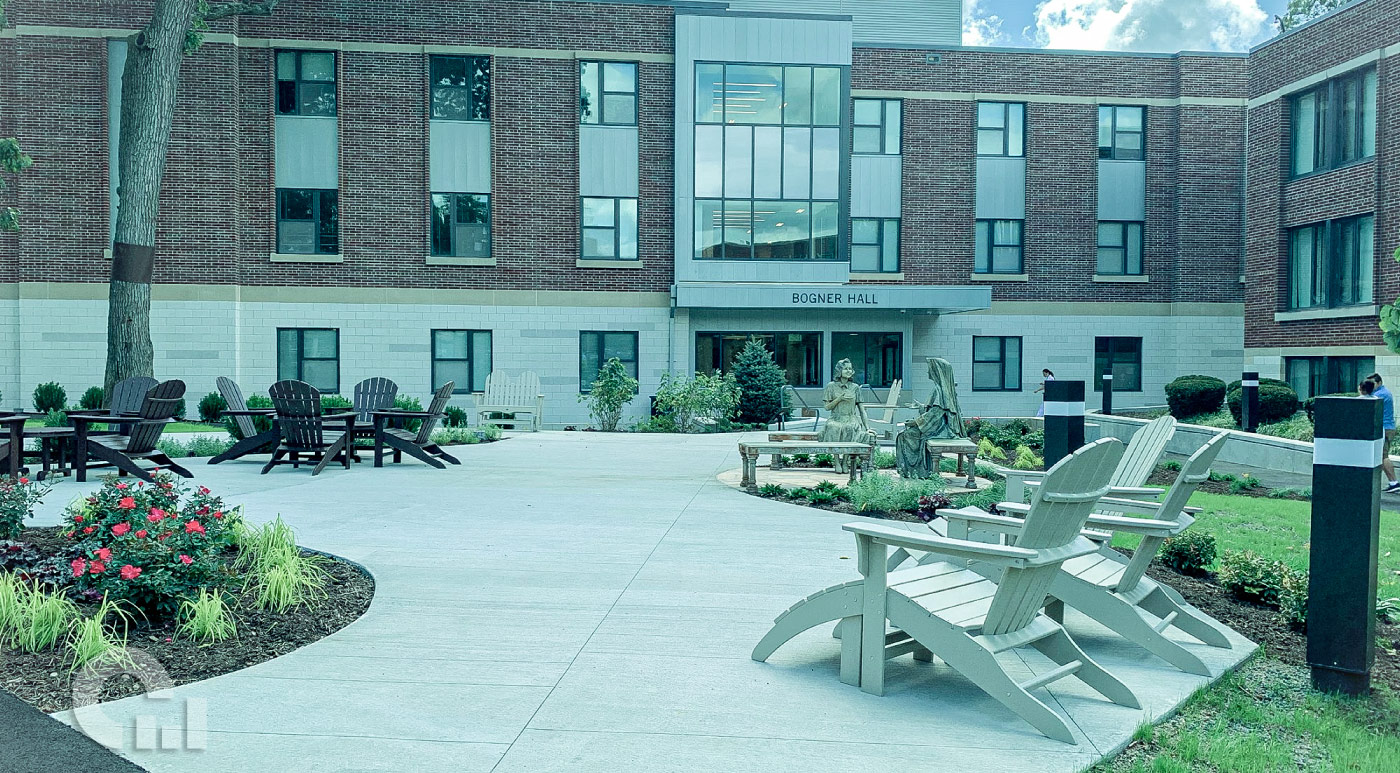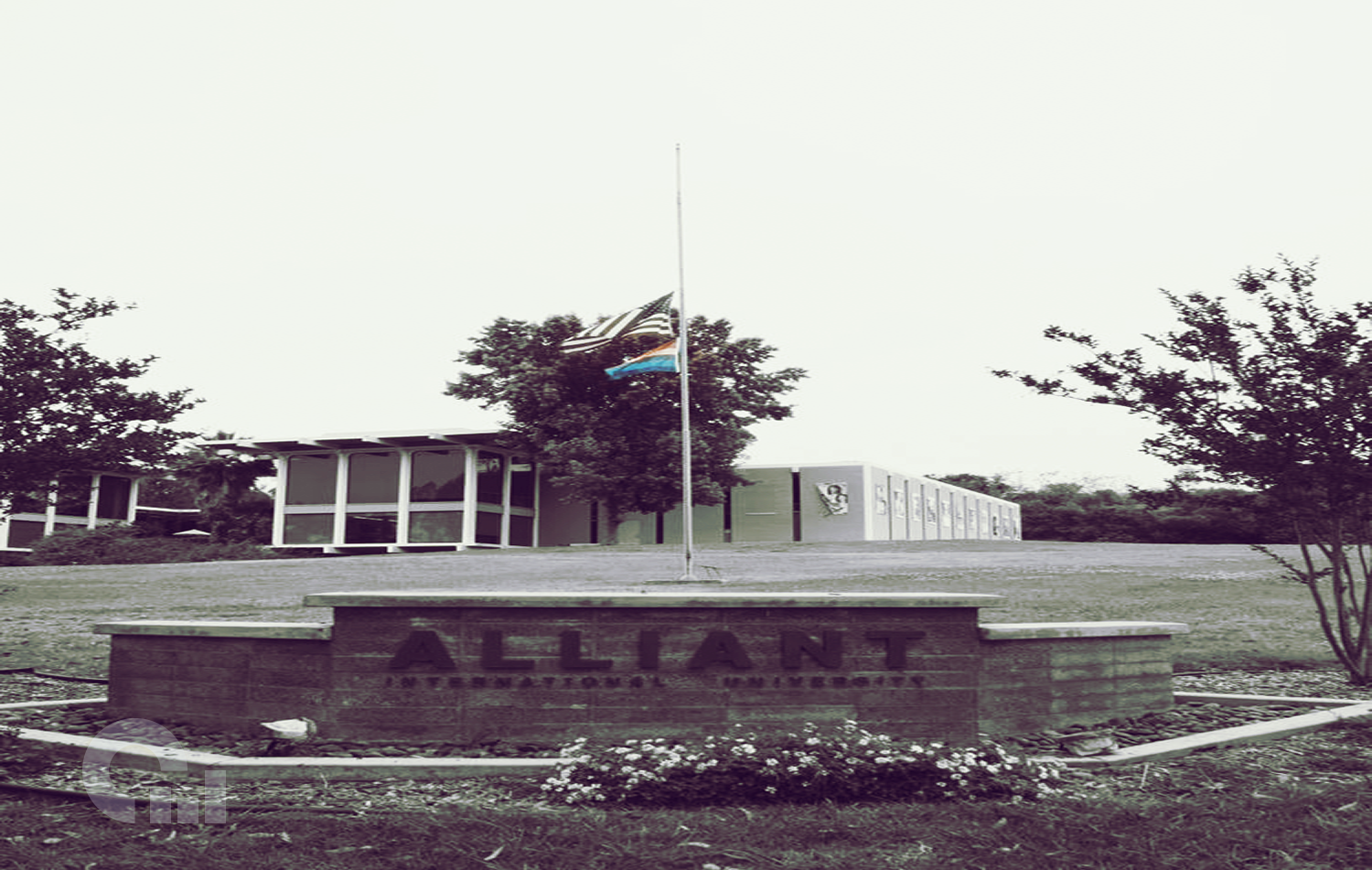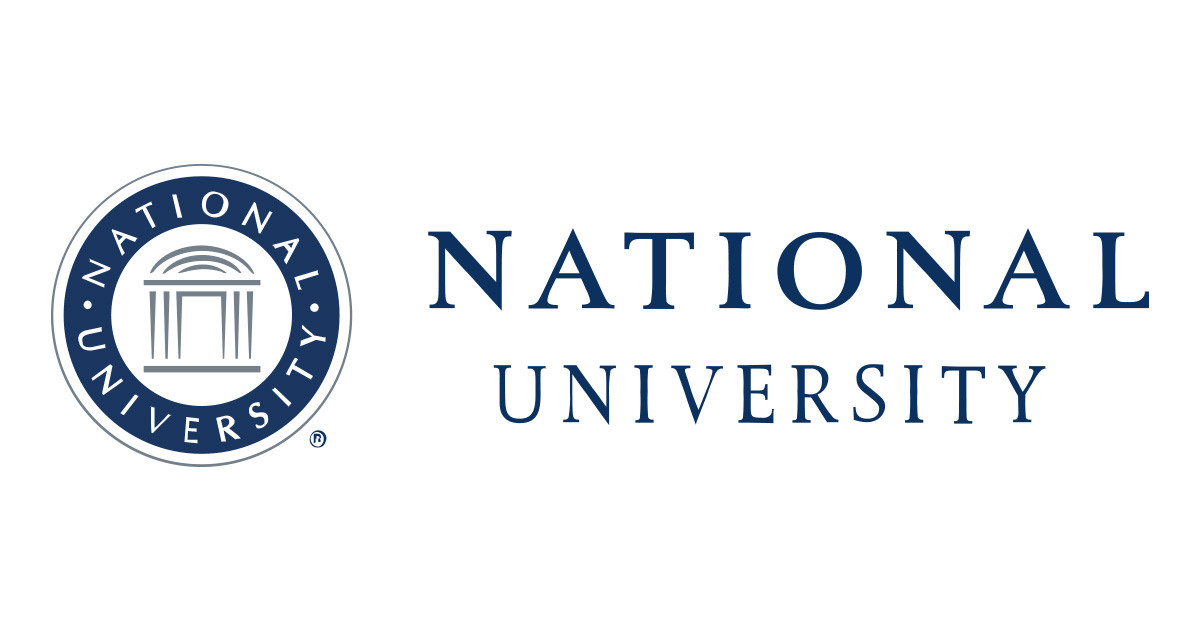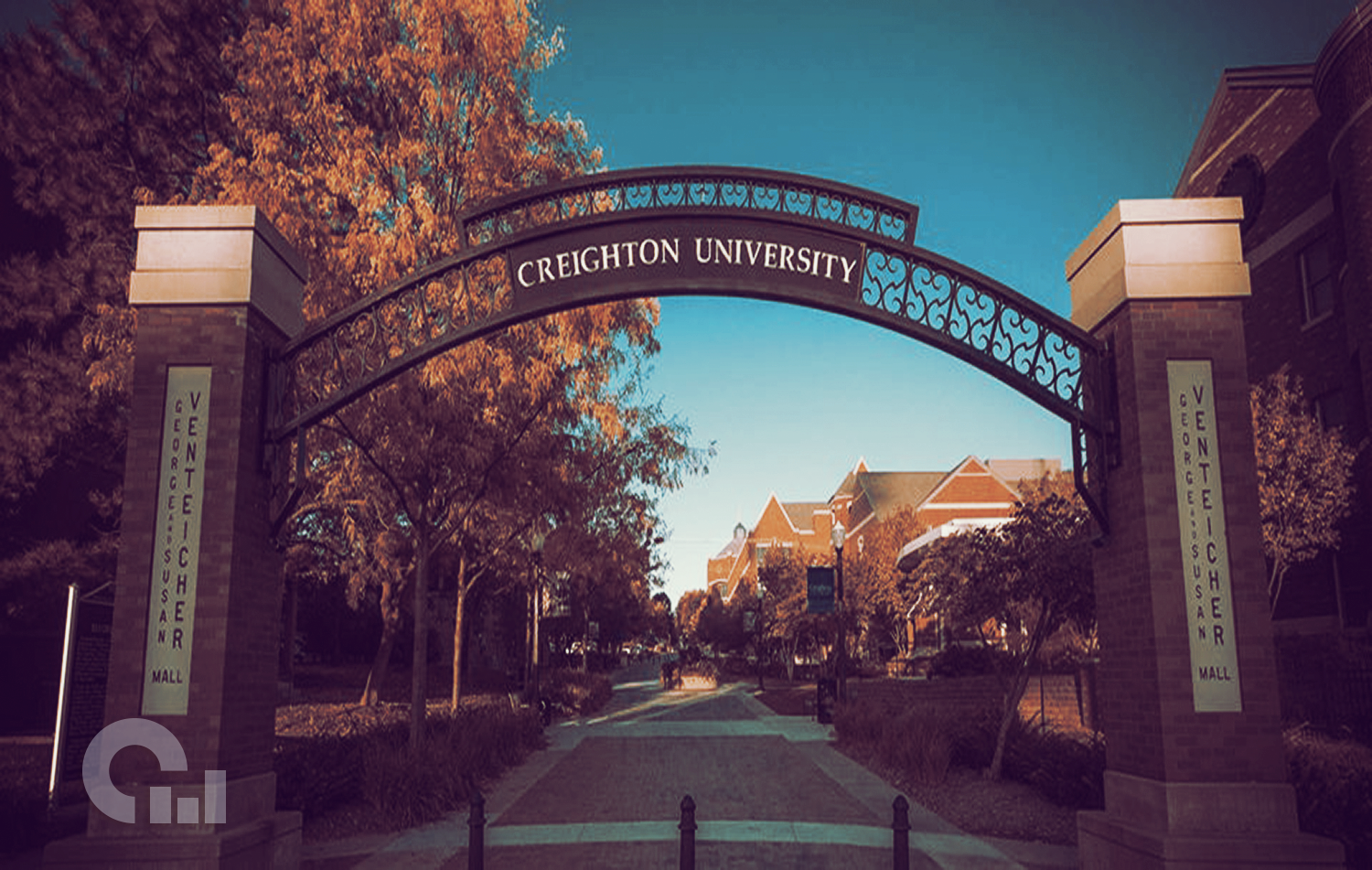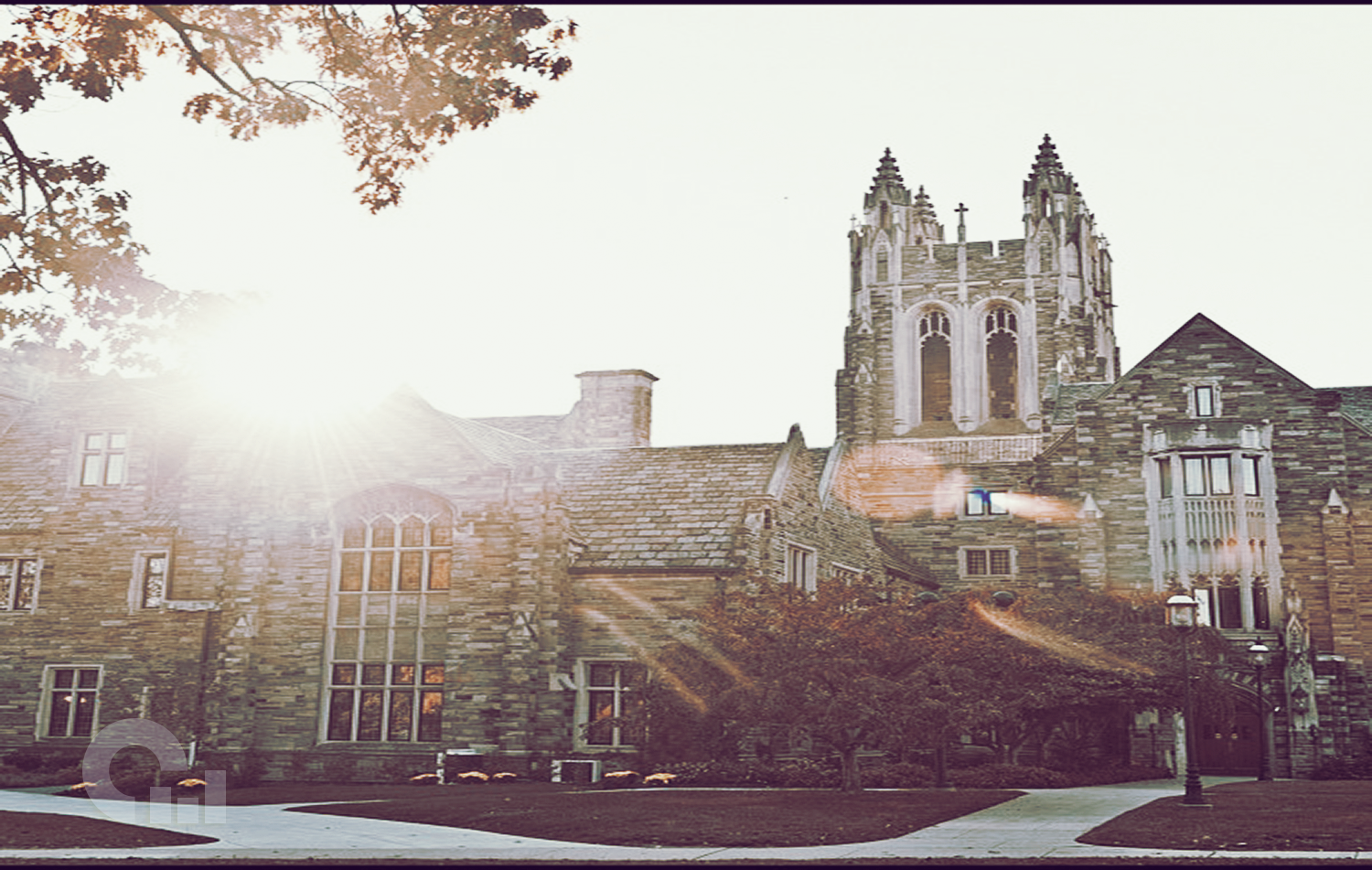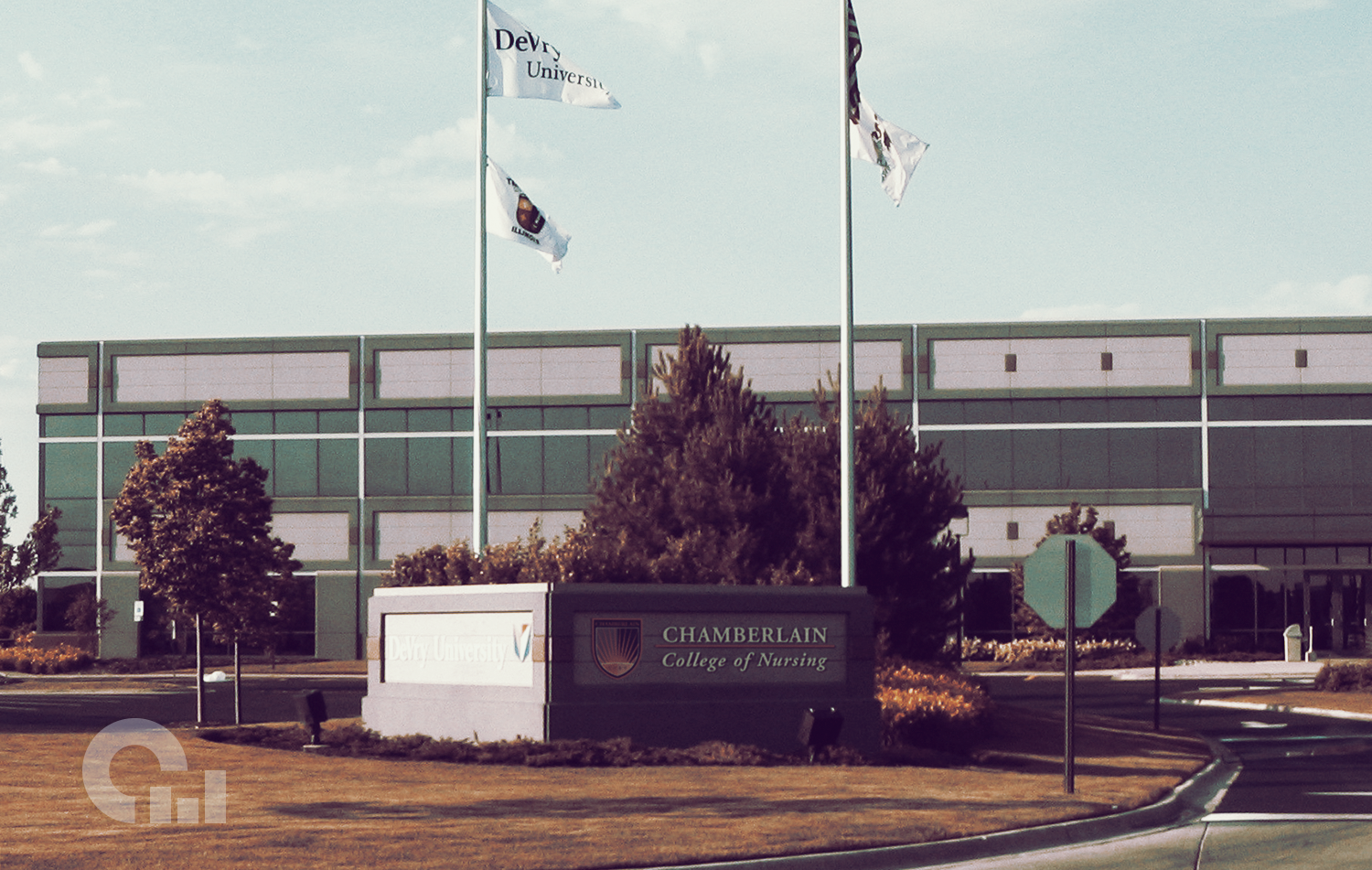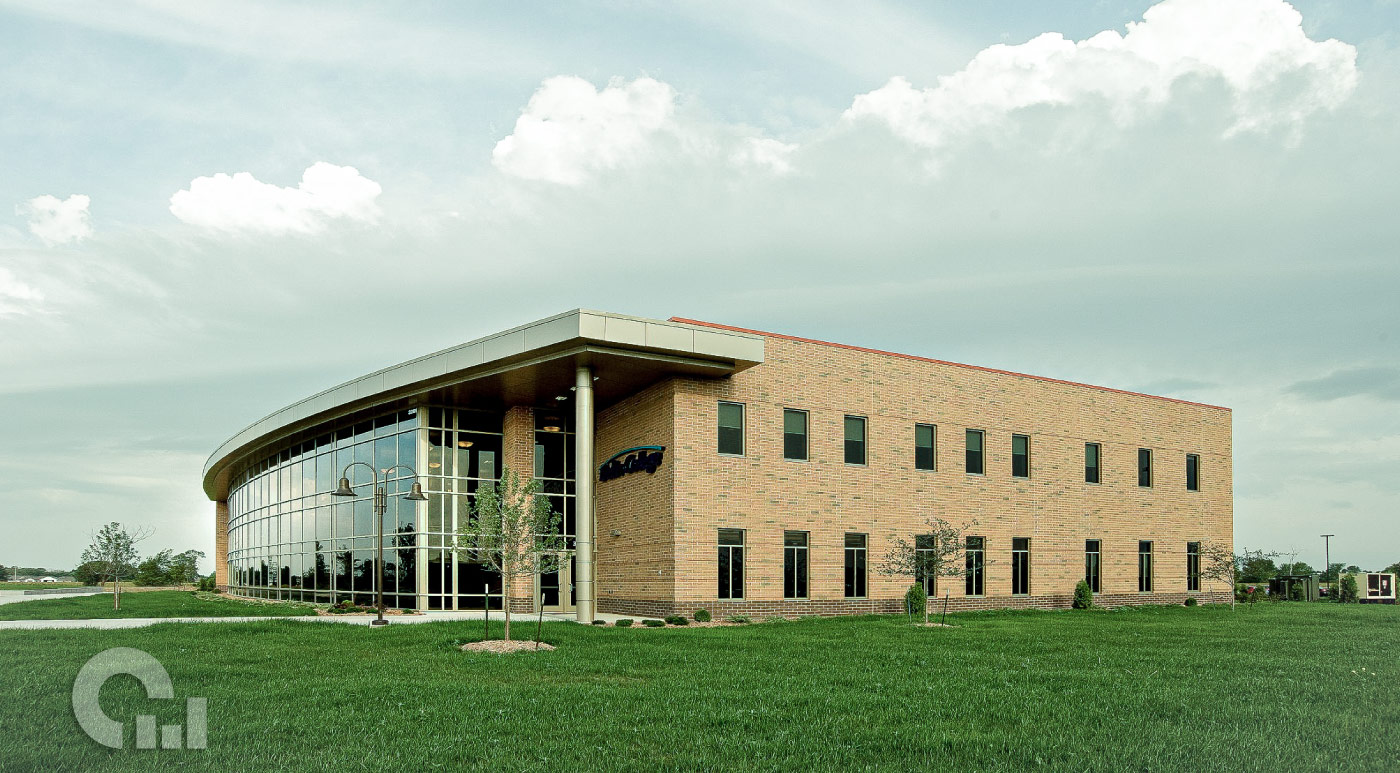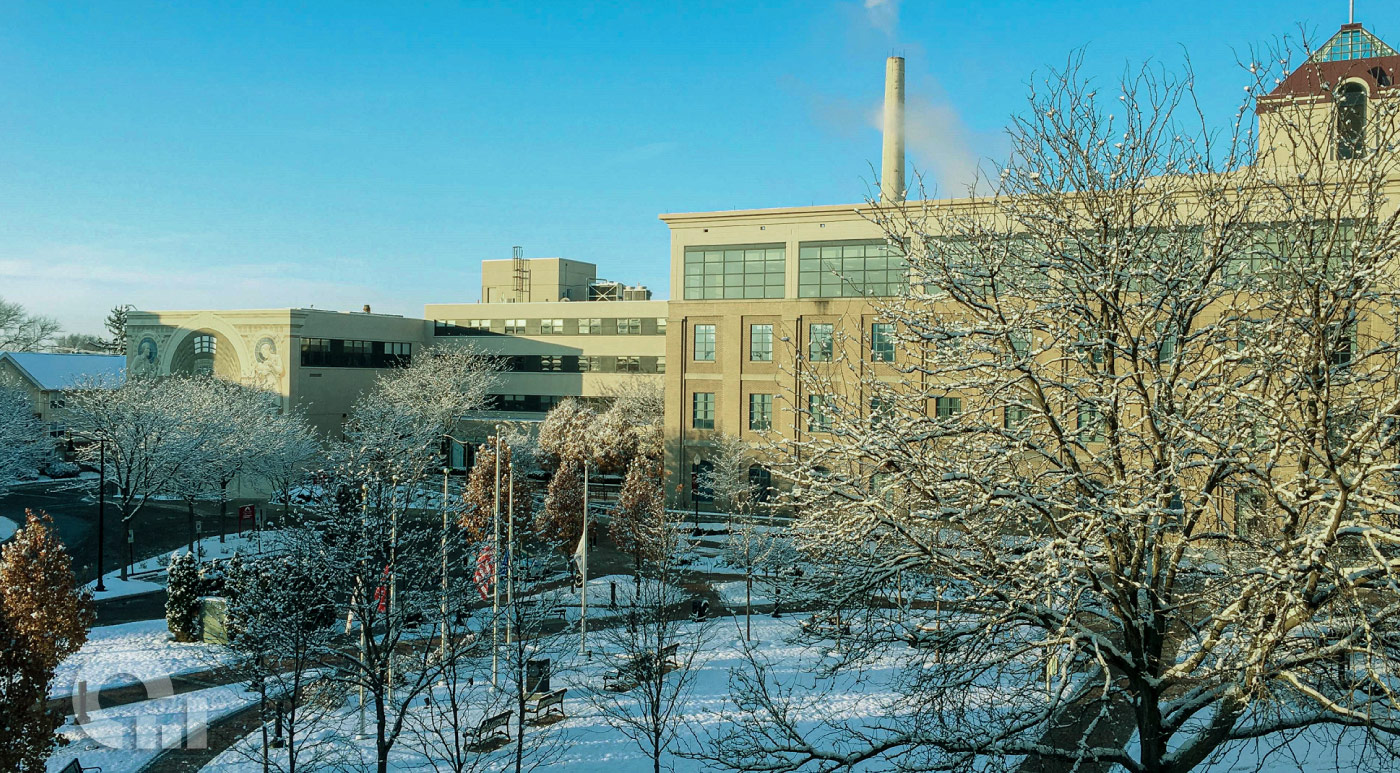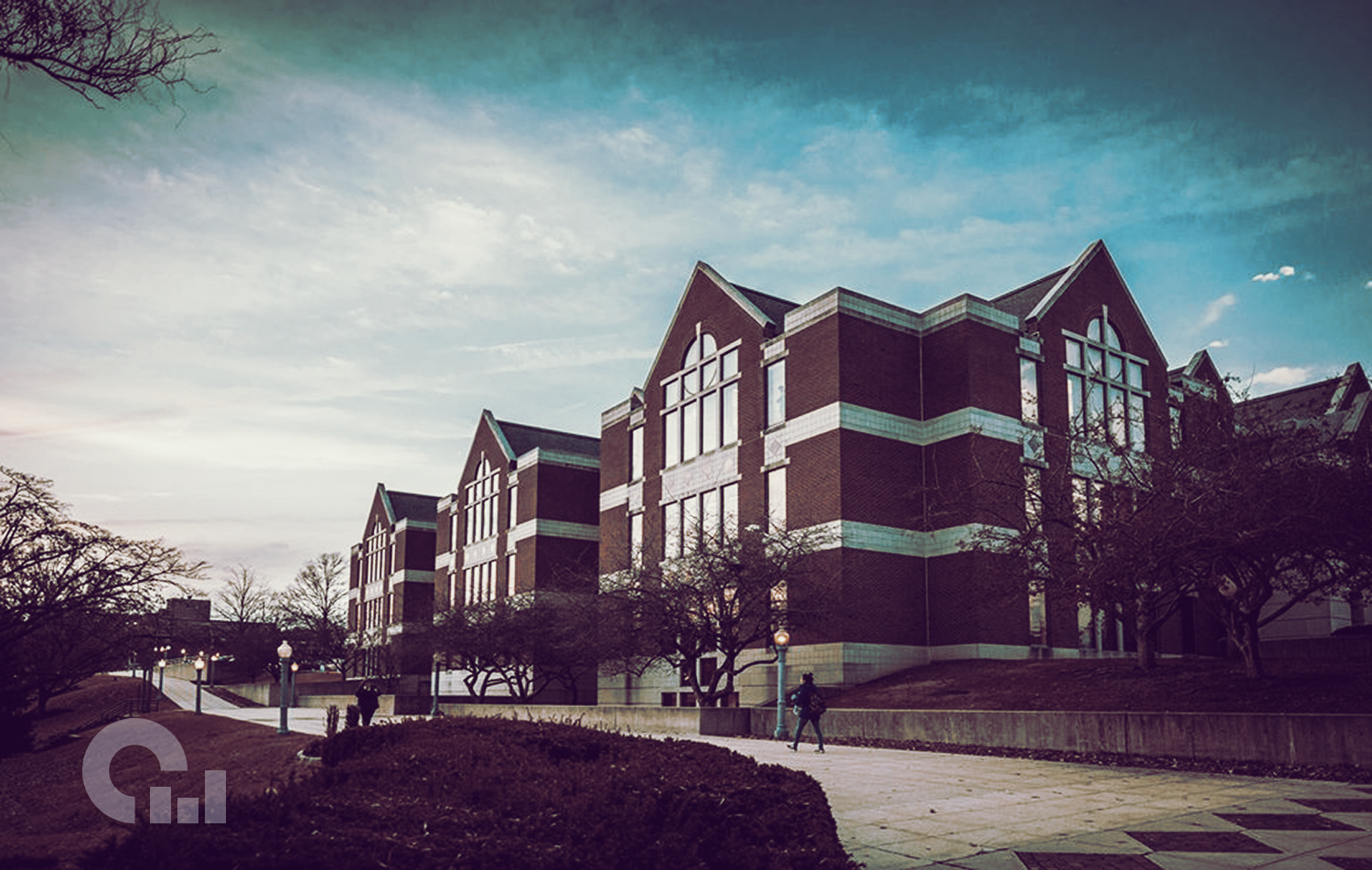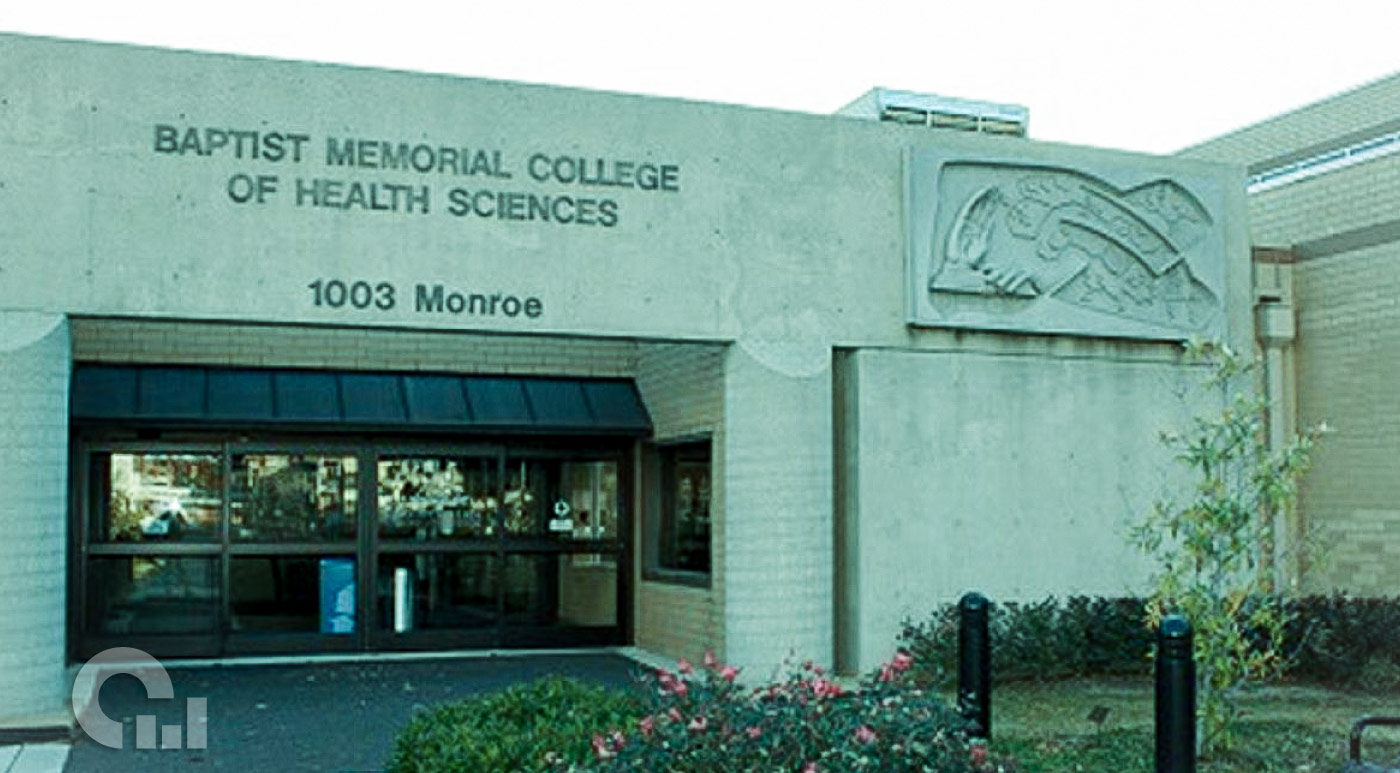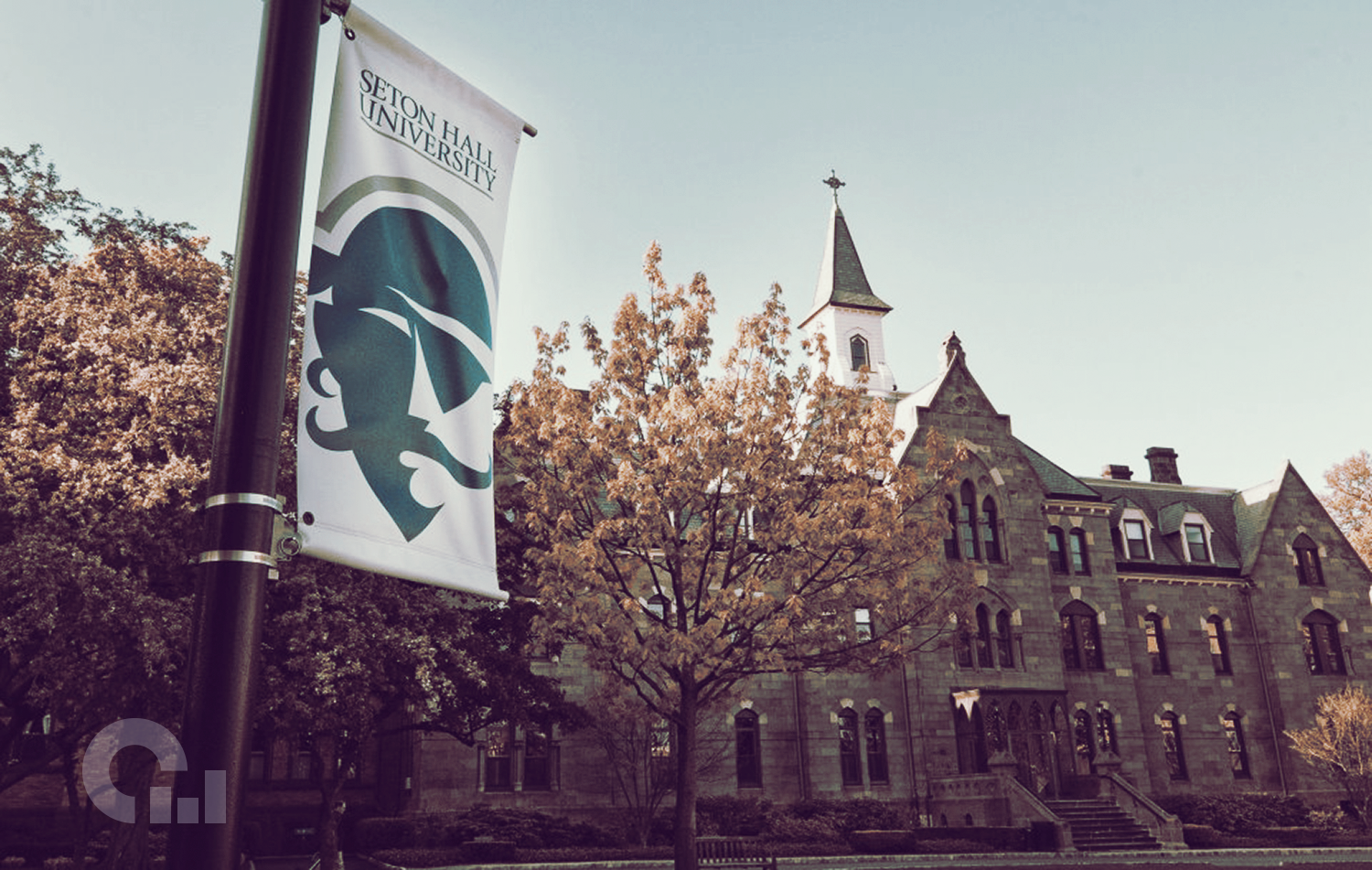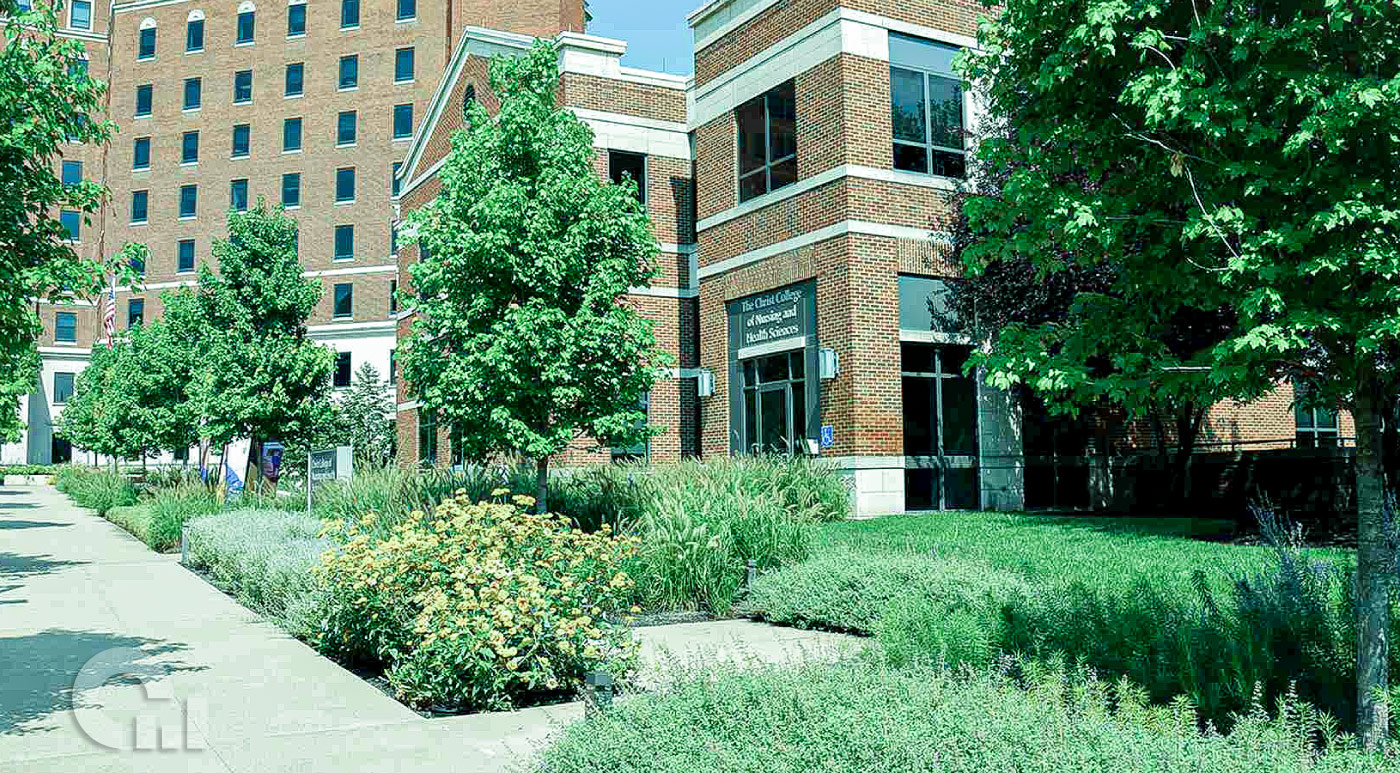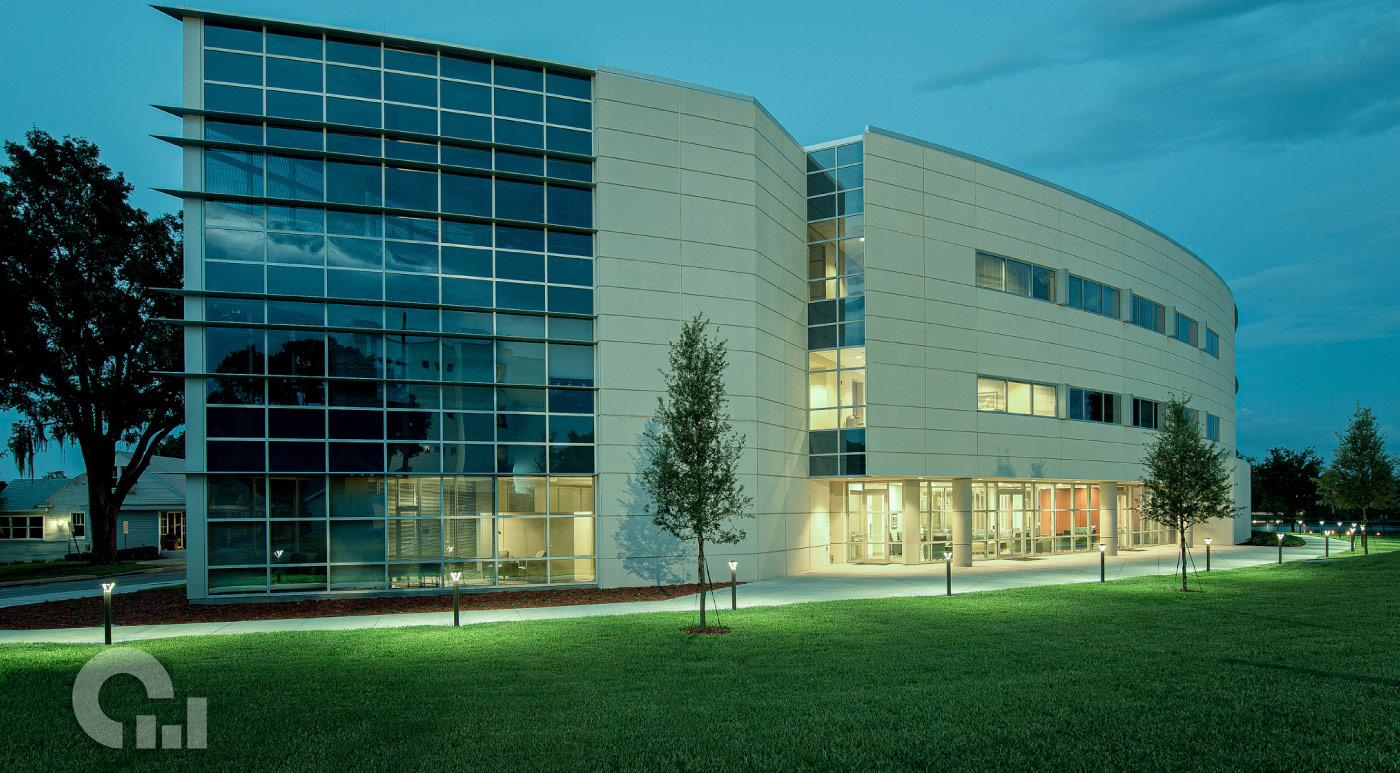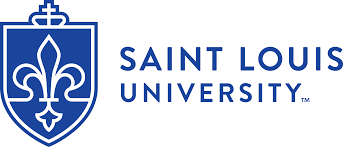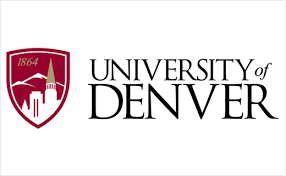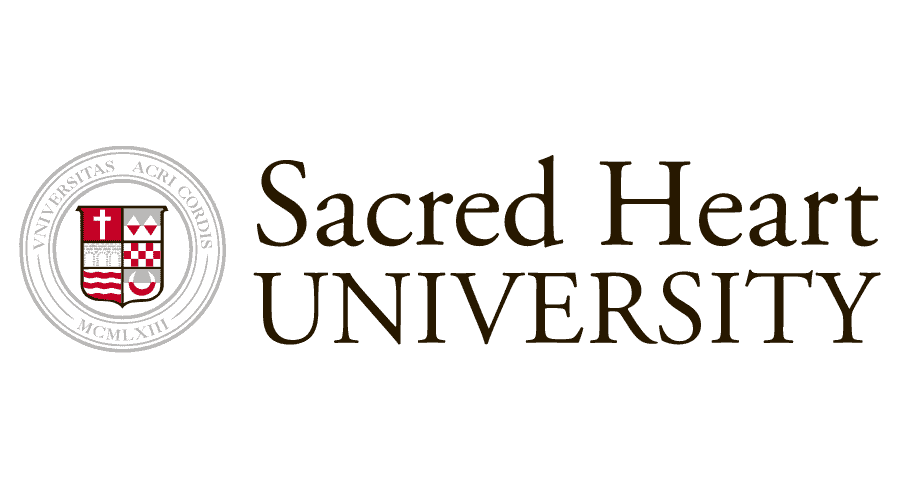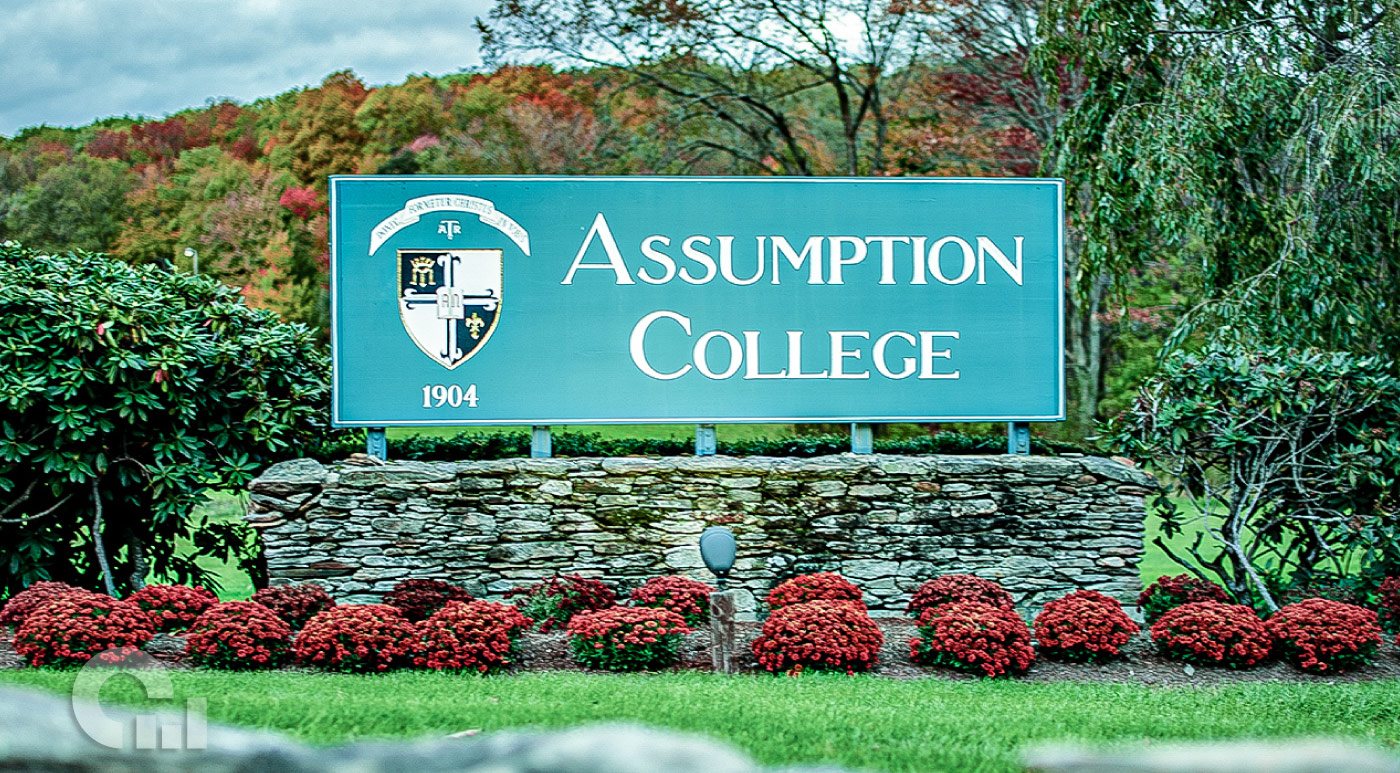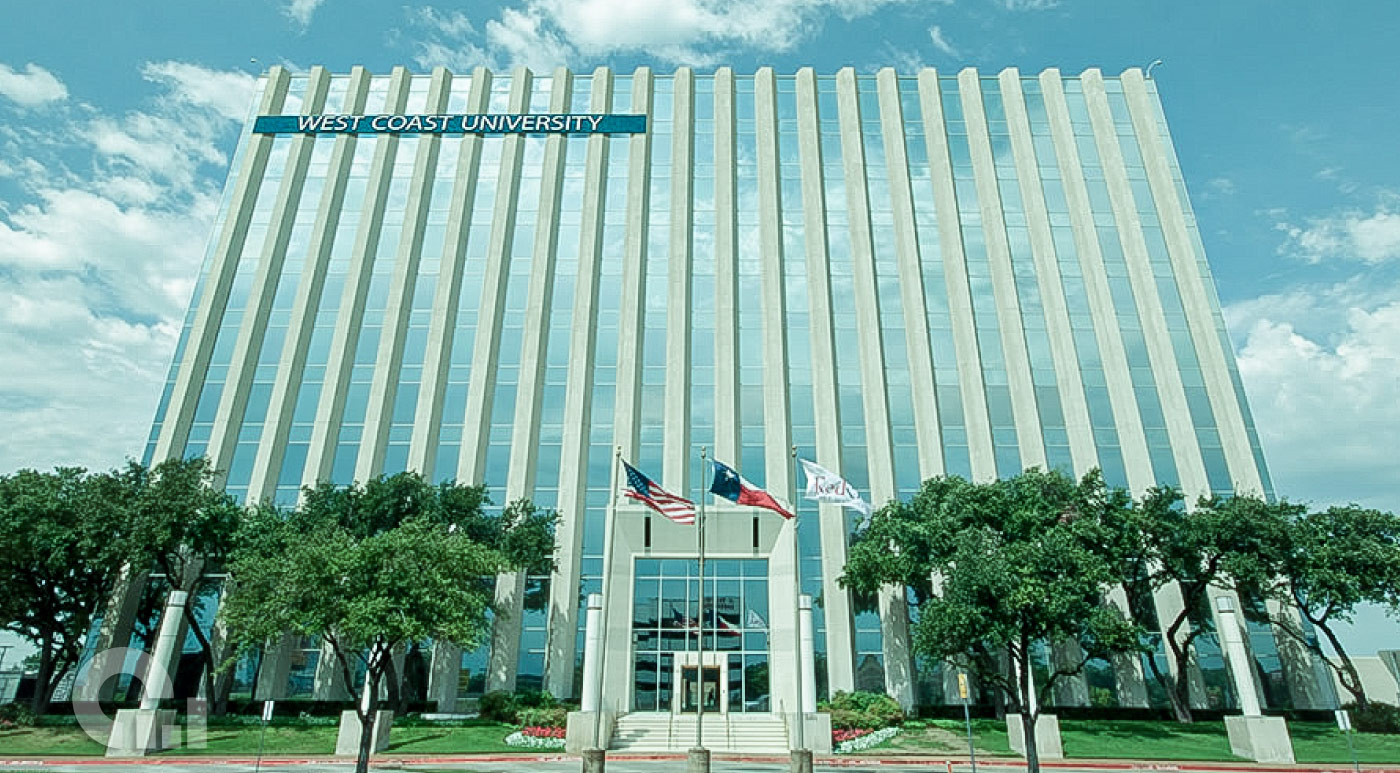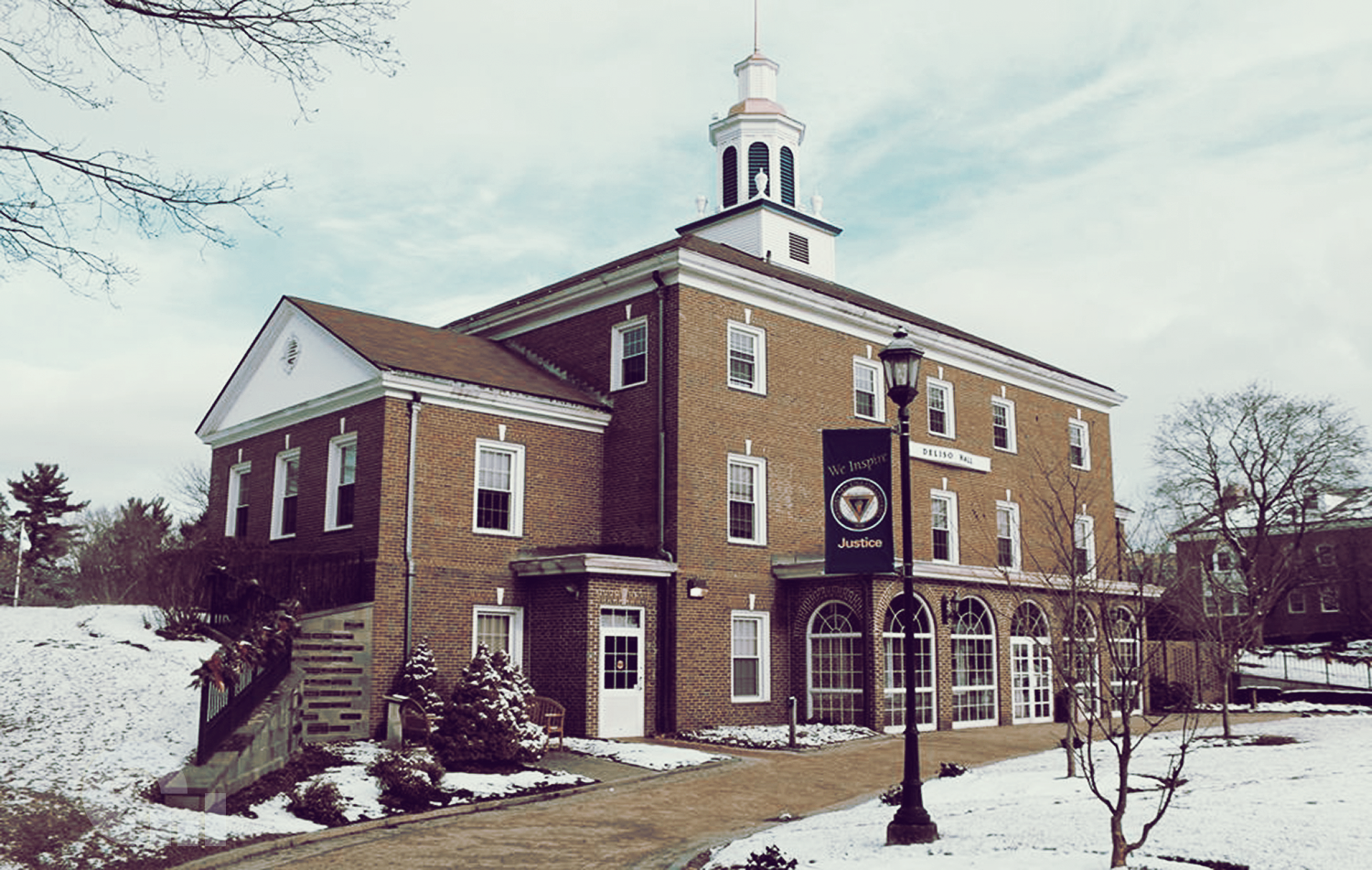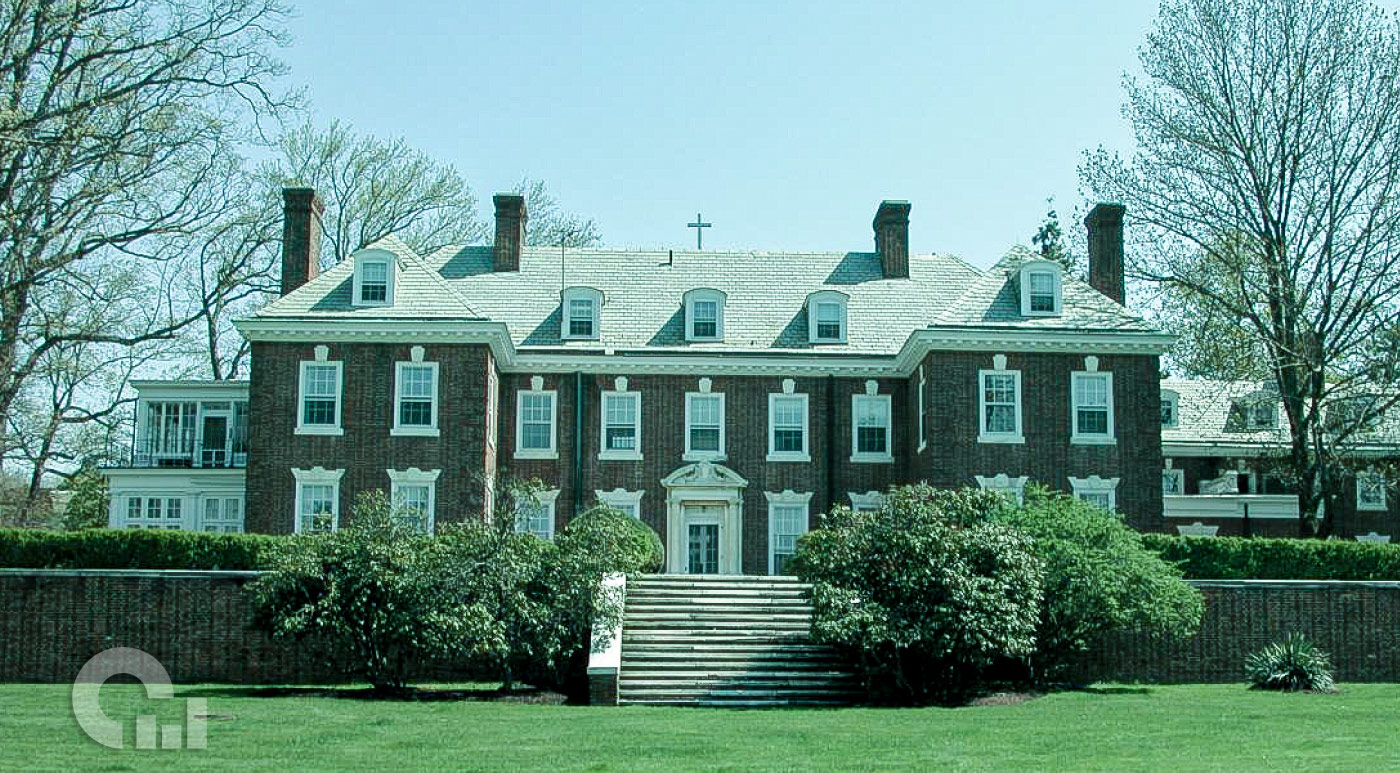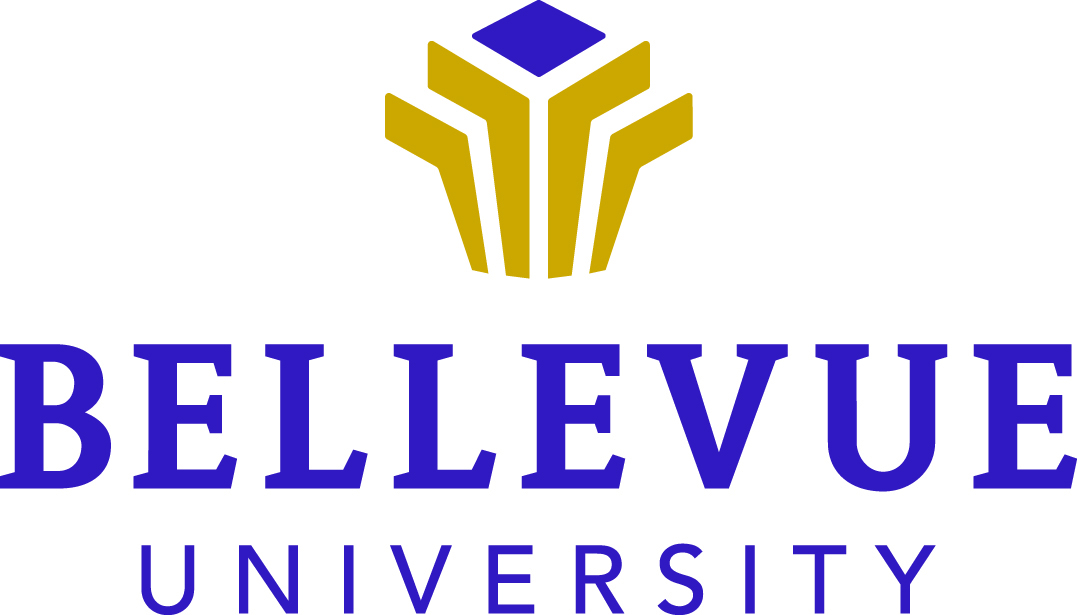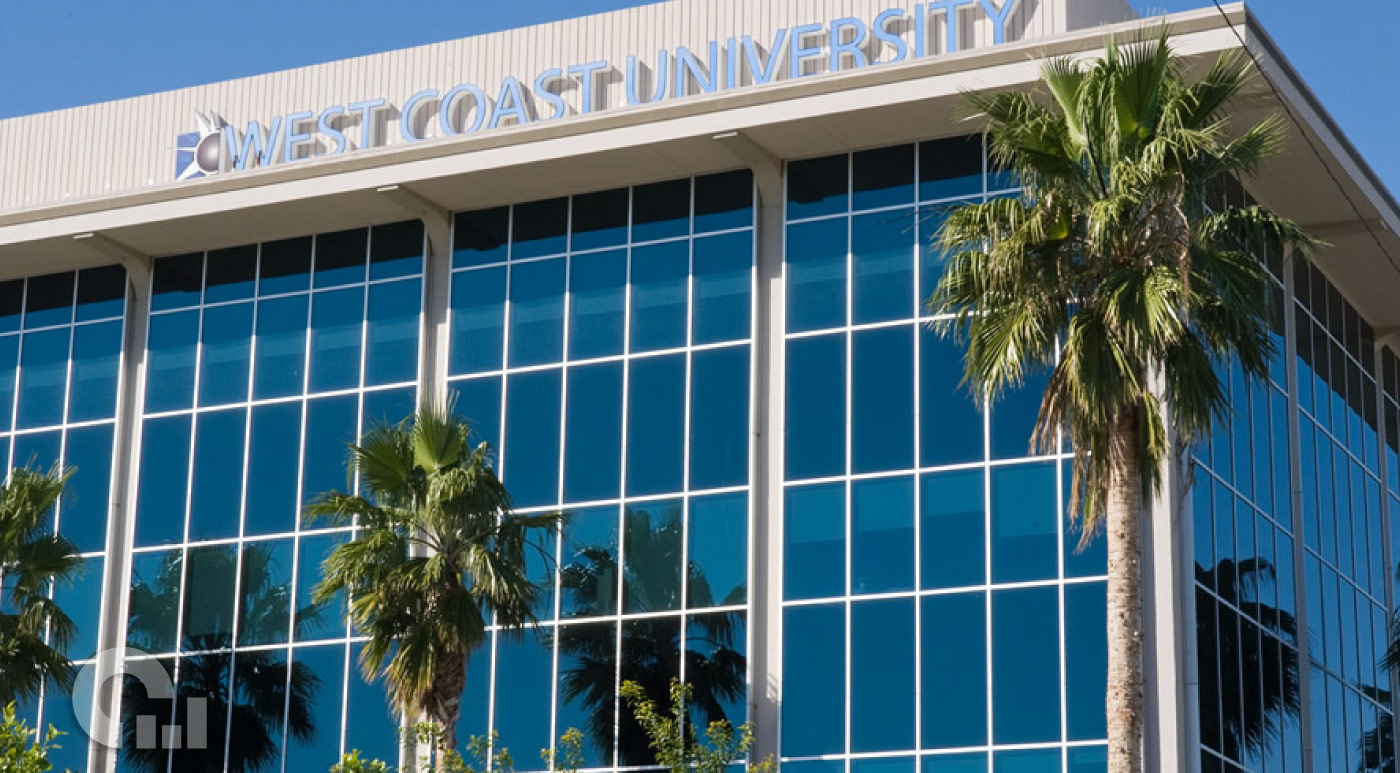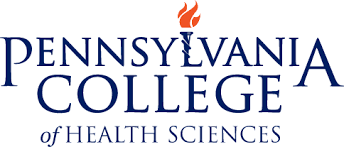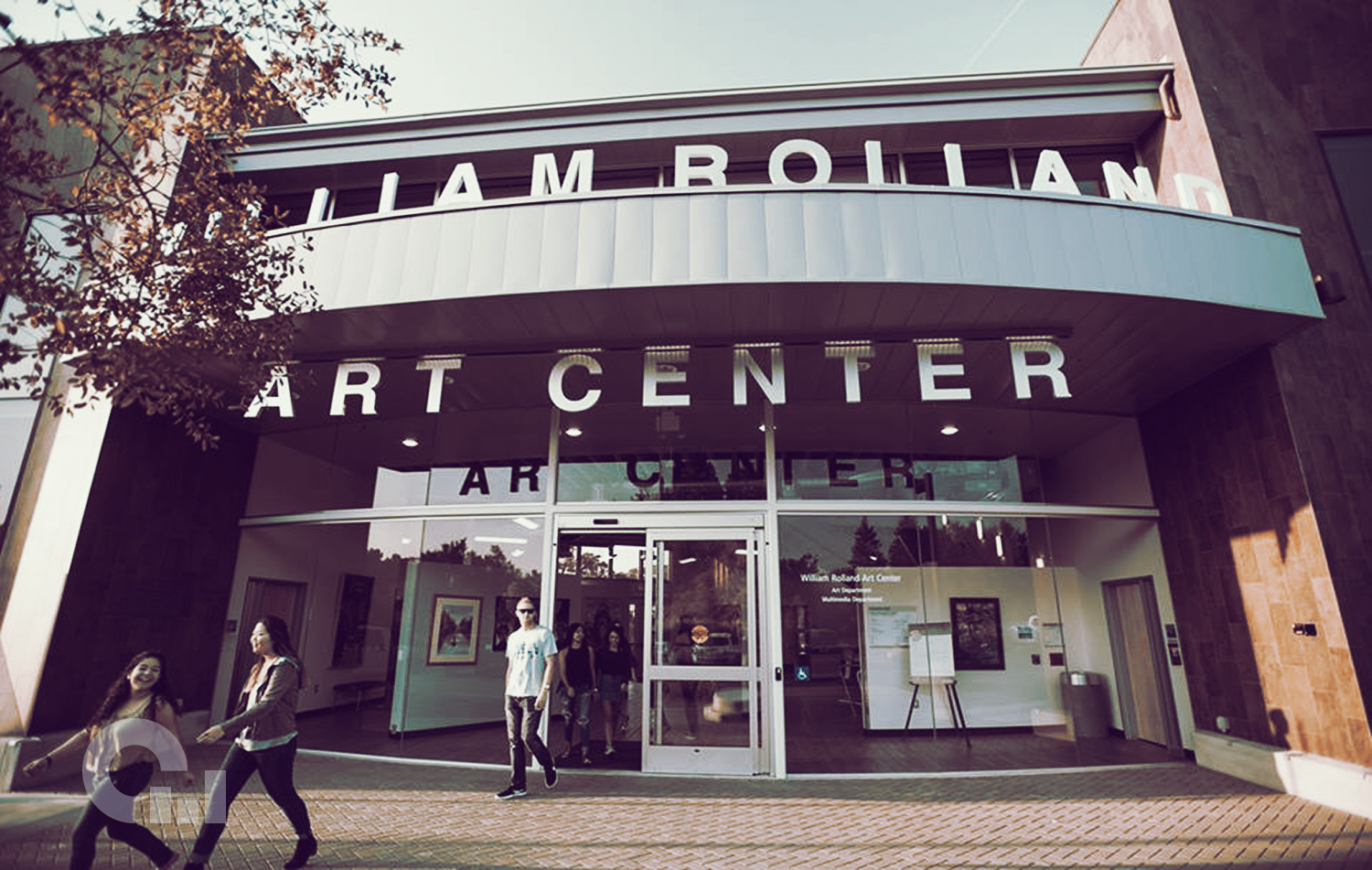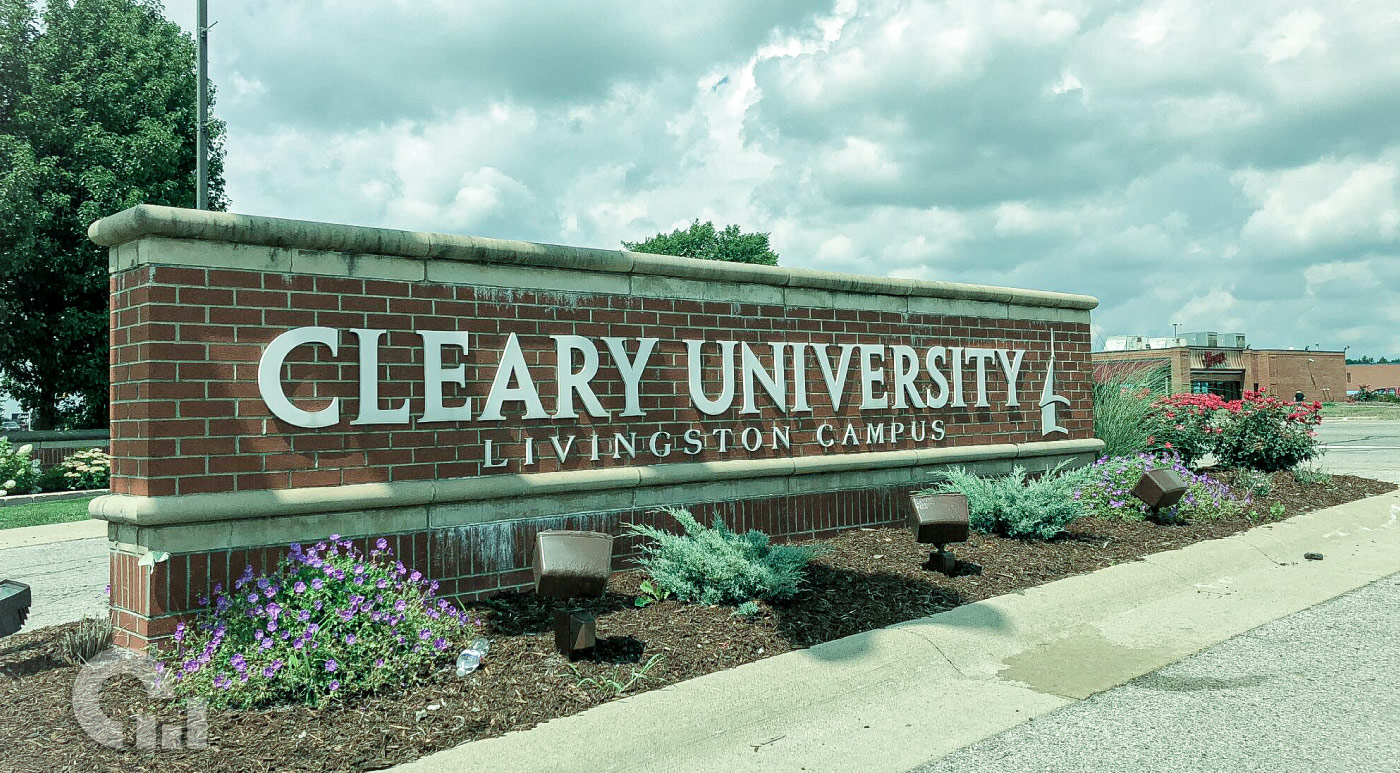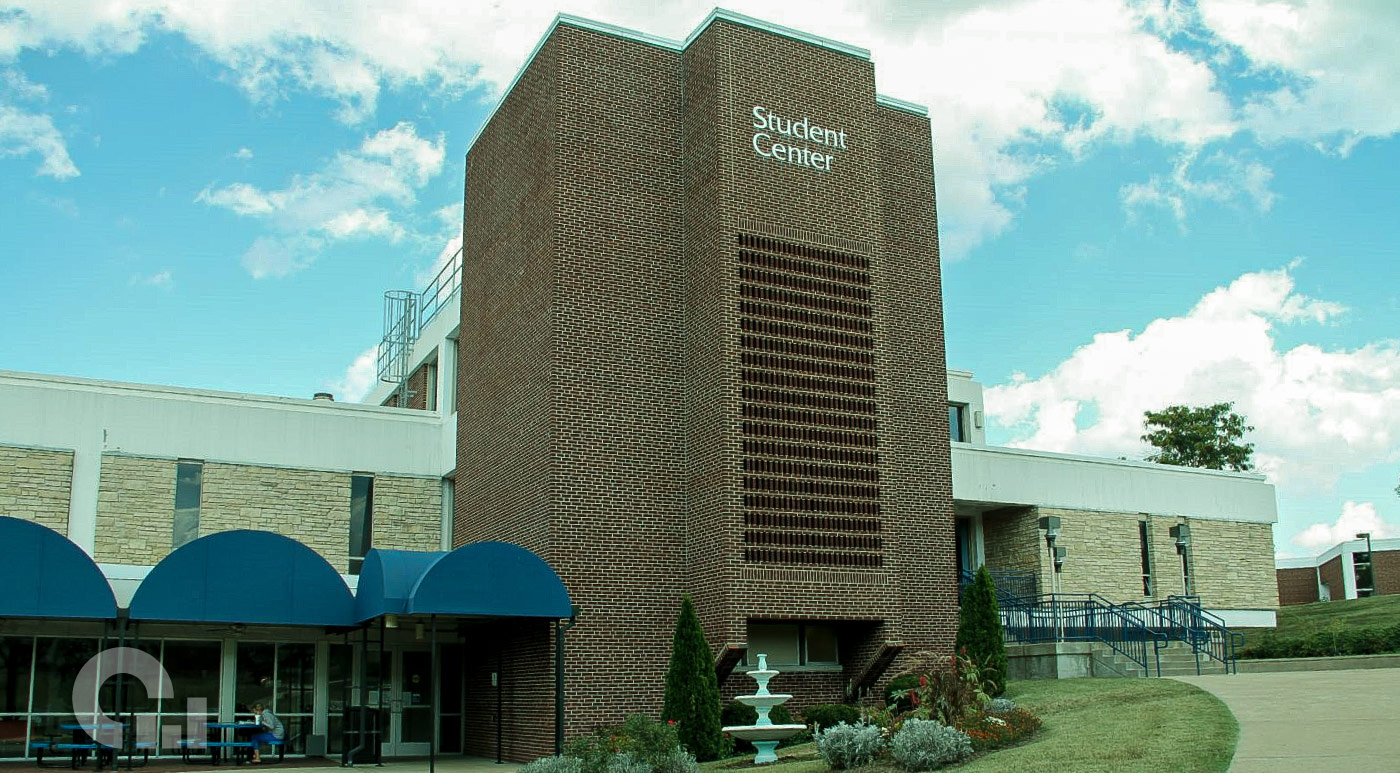Most students in America don’t have the money to go to college out-of-pocket.
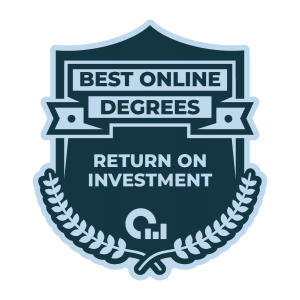 That means they’ll have to consider student loans and the massive amounts of debt that currently burden a majority of the college-attending population. It’s more crucial than ever that students choose the university they plan to attend wisely, as saddling yourself with lots of debt without an appropriate reward can lead to financial ruin or struggles long down the road.
That means they’ll have to consider student loans and the massive amounts of debt that currently burden a majority of the college-attending population. It’s more crucial than ever that students choose the university they plan to attend wisely, as saddling yourself with lots of debt without an appropriate reward can lead to financial ruin or struggles long down the road.
But despite all the talk of doom and gloom, there are plenty of colleges that offer good returns on investment. You just have to know where to look and what to look for. We’ll go over the best colleges in terms of return on investment to show you some excellent places to attend.
What Makes a School Good in Terms of its Return on Investment?
First, what exactly is a return on investment? When it comes to a college degree, nailing down your return on investment in terms of an actual dollar amount can be tricky. That’s because no one really knows how much money they’ll make down to the dollar once they graduate from school and use their degree to obtain employment. In addition, you have to consider how much you actually invest in a college when factoring in a complete return on investment.
In a way, calculating return on investment can be summarized in these basic formulae:
Work + money + time spent at a school = investment. Money or satisfaction earned after graduation = return.
So what you have to consider is all that you put into a college for a degree vs. how much you expect to earn from that degree in the long term. College is no simple investment because you’re not only putting money into the institution but also many of the best years of your life.
For this reason, finding schools that offer great returns on investment is critical. You don’t want to waste your time and money at a subpar institution that won’t be worth it in the long run.
Aside from the money, you also have to take into account the experiences you have at school and whether a school is worth going to for its less tangible benefits. For instance, a college that provides you with ample networking opportunities might actually be better for ROI than a flat-out cheaper university.
You also have to think about the student debt you’ll obtain over the course of your education. Only institutions that can provide you with an education leading to employment that allows you to pay off that debt can be considered good in terms of ROI.
As you can see, it’s a complicated issue and not an easy value to nail down. But in general, a school that offers good ROI will:
- Be affordable in the long term
- Lead to gainful or fulfilling employment
- Allow you to pay off or avoid debt in the long term
What Are the Best Schools for Return on Investment?
This is how we calculated Return on Investment:
- Collect alumnae average earnings 10 years after graduation, as reported by the Department of Education’s College Scorecard.
- Extrapolate the data to 20 years from graduation, factoring in a 2% raise per year.
- Calculate average earnings each year between graduation and 20 years from graduation.
- Sum all earnings over the course of those 20 years.
- Subtract the net price of the university.
- Calculate the difference in between those net earnings and the average net earnings of a high school graduate.
The number you see by each school is representative of this final step: it shows how much more a graduate from that school makes because they decided to get a degree instead of stopping after high school.
Schools were not included if they (a) did not report alumni earnings, (b) did not report net price, (c) did not offer at least one online program (this is Online Schools Report after all).
How Much Can You Earn with a College Degree?
Even with all of the factors going into what makes a school good or bad for an individual student, it’s still usually a good idea to get a college degree no matter what. The Bureau of Labor Statistics has been gathering data on college-educated and non-college-educated professionals for many decades, keeping track of their yearly and lifetime earnings.
The BLS has discovered that the median weekly earnings for those with doctoral or professional degrees are more than triple those with education less than a high school diploma. Even workers with only a bachelor’s degree earn more than most other workers without a college education.
In addition, those with college degrees of any kind have less unemployment than those with only a high school diploma. It’s clear that having college education to any extent pays well over one’s life span, although the actual earnings can vary dramatically based on field and personal skill. In a way, any college can be a decent return on investment provided you have the money to pay for the education and a way to pay off the debt you may incur during your time at school.
What is Required for a College Degree?
Whichever school you plan to attend, all colleges will require a significant investment in terms of time and resources for you to graduate with a degree. The exact requirements vary based on the level of degree you plan to pursue and, to some extent, the major you select.
All degrees require:
- Payment, usually by year, which includes tuition, fees, books, possibly housing.
- Time, ranging from two years for an associate-level degree and up to 10 years or more for a doctoral degree.
- Completion of specific classes related to the major of your choice. All students will complete a plethora of general education courses during the first two years of their college education, with classes becoming more specific as college continues.
College degrees are separated into the following types:
- Associate degree: most take two years to complete and are mostly comprised of general education courses with a light focus on a specific topic or subject.
- Bachelor’s degrees: most take four years to complete and focus more heavily on a specific subject. Bachelor’s degrees are commonly used as a “stopping point” degree, as they typically allow employment into a professional industry that requires a college education.
- Master’s degrees: these usually take 5 to 6 years to complete and can be either “terminal” (leading the graduate straight into the workforce) or more academic, leading the graduate to more education. They are even more specialized than bachelor’s degrees.
- Doctoral degrees: these degrees can take 8-12 years depending on the subject and program. They result in either a Doctorate or a Ph.D. Some professions require these degrees, like doctors, while others are better for teachers or education administrators.
As you can see, the investment required for each level of degree is quite different. So a university’s ROI for your educational goals may be affected by the level of education you wish to pursue. For some, a university with affordable bachelor’s degrees may be a better option. Others may want a university that offers clear-cut and condensed tracks to a master’s degree, which takes up less time and leads to more years spent in the workforce.




